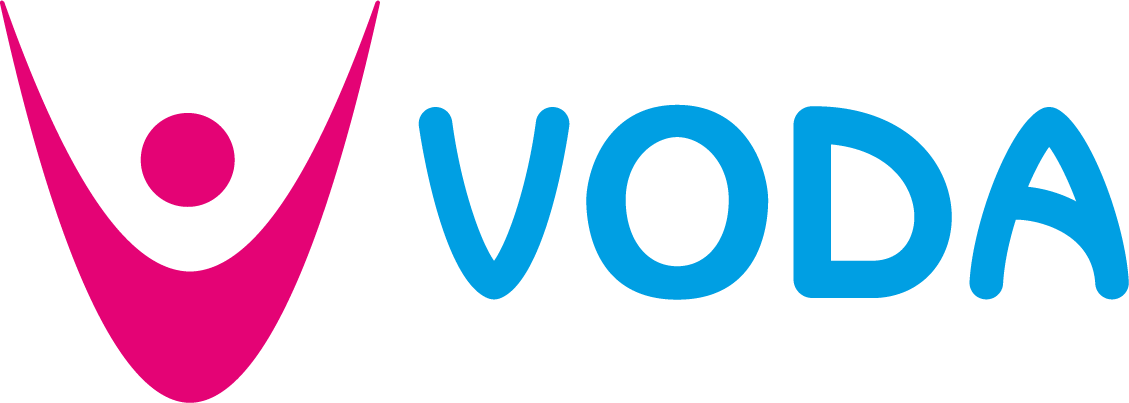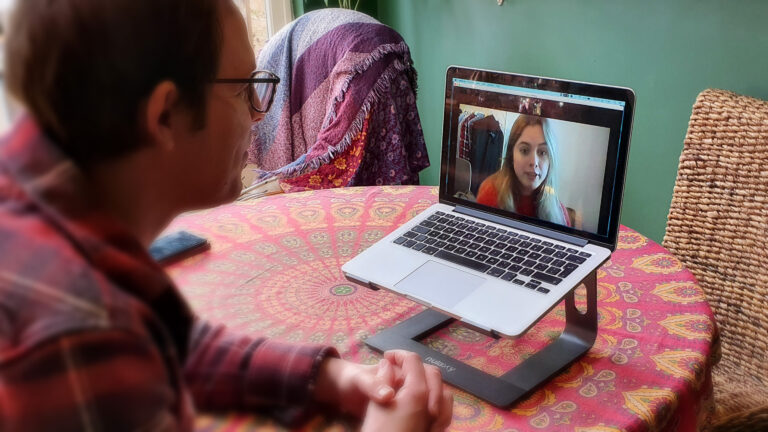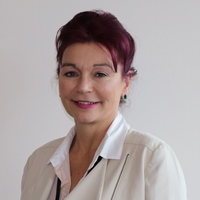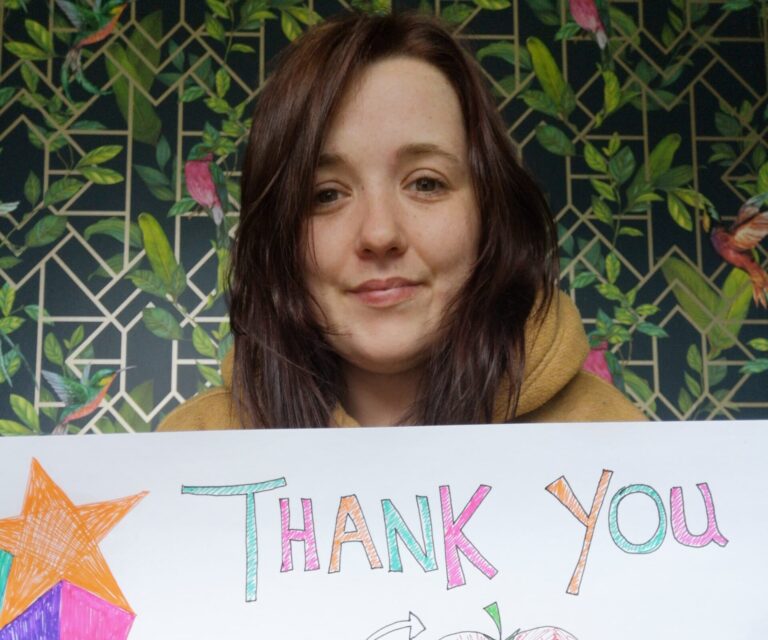
How has your role changed due to COVID-19?
Obviously, when the COVID-19 crisis hit, many businesses that contributed to Sector Connector in the past shut down and furloughed staff. Similarly, many voluntary organisations closed their doors. So it was not been possible to continue Sector Connector’s work to forge stronger links between the business sector and the voluntary sector in North Tyneside.
As a result, my role has changed from managing Sector Connector to become one of coordinating volunteers to collect prescriptions for vulnerable people who are shielding or self-isolating. At the height of the crisis we would get up to 30 requests a day for people to collect their prescriptions for them.
What lessons have you learned?
The crisis has shown just how many people there are in North Tyneside who have no friends or family to provide support. In the past, many of these people would have not appeared on our radar as they are socially isolated, but the COVID-19 crisis has forced them to come forward for help. Many of these people are very lonely and our voice on the phone to arrange prescriptions or shopping, coupled with the visit by the volunteers to drop off their delivery are often the only contact with the outside world that they have had in days.
In terms of arranging for prescription collections, the one thing I’ve learned is not to trust that a pharmacy will hand across all of the medicines that our beneficiaries need! The number of times that we’ve had to send volunteers back to collect items that the pharmacy had forgotten to put into the bag!
What do you think you would have done differently?
Ideally it would have been better if we had an easy system for volunteers to let us know their availability, as on some days a lot of time is spent trying to identify volunteers who are able to volunteer that day and live within a reasonable distance of the collection/delivery.
How do you see your role as we move towards the recovery phase?
As we move back towards the recovery phase, things will start to swing back to Sector Connector work. We are now starting to try to engage businesses to help out voluntary organisations who are wanting to reopen delivery of their services safely again. So far, we’ve managed to get businesses to deliver sessions on how to use Zoom effectively to support beneficiaries, how to carry out risk assessments, how to reopen community buildings safely, and effective use of PPE. More Zoom sessions are on their way.
What do you feel is your biggest achievement during this crisis?
The big achievement is that of the volunteers who have between them delivered nearly 600 prescriptions to help people to stay healthy over the last few months.
What was your biggest challenge (so far)?
Trying to find volunteers on a Friday afternoon to collect prescriptions! I’m sure there was some big party going on to which all the volunteers were invited, but that we knew nothing about).
Seriously, the main challenge has been to meet the sheer scale of demand for prescriptions to be delivered on some days, and it never ceases to amaze me how dedicated our volunteers are and how willing they are to go the extra mile (literally!) to ensure that people got their medicines when they need them – often at very short notice.




